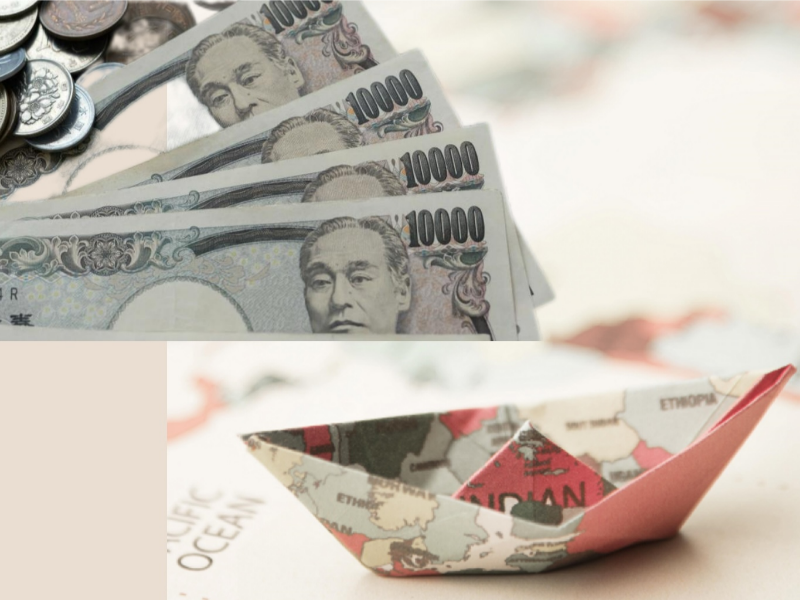- Japan’s reliance on foreign digital services contributes to the yen’s decline.
- The digital deficit impacts Japan’s service trade balance significantly.
OUR TAKE
Japan’s reliance on foreign digital services is more than just an economic issue; it is a cultural and national challenge. The country must innovate and support its local digital industries to maintain economic and cultural sovereignty. Embracing and investing in homegrown technology could reverse the yen’s decline and strengthen Japan’s position in the global digital economy.
—Doris Du, BTW reporter
Japan’s heavy reliance on foreign digital services is accelerating the decline of the yen, with the nation’s digital deficit reaching unprecedented levels. This growing imbalance, driven by the extensive use of platforms like YouTube Premium, Instagram, and Amazon Prime, is creating significant economic challenges and highlighting the urgent need for local innovation in the digital sector.
What happened
OTT stands for “Over-the-Top” and refers to the delivery of film and TV content via the internet, without requiring users to subscribe to a traditional cable or satellite pay-TV service. Services like Netflix, YouTube, Amazon Prime Video, and Disney+ are examples of OTT platforms. These services provide streaming media as a standalone product directly to viewers, bypassing traditional distribution channels like cable, broadcast, and satellite television platforms.
According to a report by Nikkei, Japan’s digital deficit, which includes costs such as digital advertising fees and royalties for streaming foreign content, heavily impacts the country’s service trade balance. In 2023, this deficit reached 5.5 trillion yen ($34 billion), surpassing the overall services deficit of 2.9 trillion yen. The deficit increased by 14 percent from January to May this year, showing a growing trend. Kazuma Kishikawa, an economist at Daiwa Institute of Research, noted that this ongoing digital deficit exerts constant downward pressure on Japan’s current account balance.
Also read: Tiny Japanese startup brings AI dating to the elderly
Also read: SoftBank of Japan acquires British AI chipmaker Graphcore
Why it’s important
The value of a country’s currency is influenced by its trade balance. Japanese importers often need to exchange yen for foreign currency to pay for imported goods and services, including digital services. This growing digital deficit indicates a significant structural change in Japan’s economy, which continues to put downward pressure on the yen. The emergence of new technologies such as generative AI and satellite technology is expected to further widen the deficit, as most infrastructure for these technologies is provided by foreign companies like Amazon Web Services (AWS), Microsoft, and Google.
Personal perspective
Japan’s situation highlights the challenges of a rapidly digitising world. The nation’s cultural and economic landscape is being reshaped by foreign digital services, making it difficult for local industries to compete. The younger generation’s addiction to these services not only depletes the yen but also threatens Japan’s cultural identity. There’s an urgent need for Japan to develop and promote its own digital services to preserve its economic stability and cultural uniqueness.

